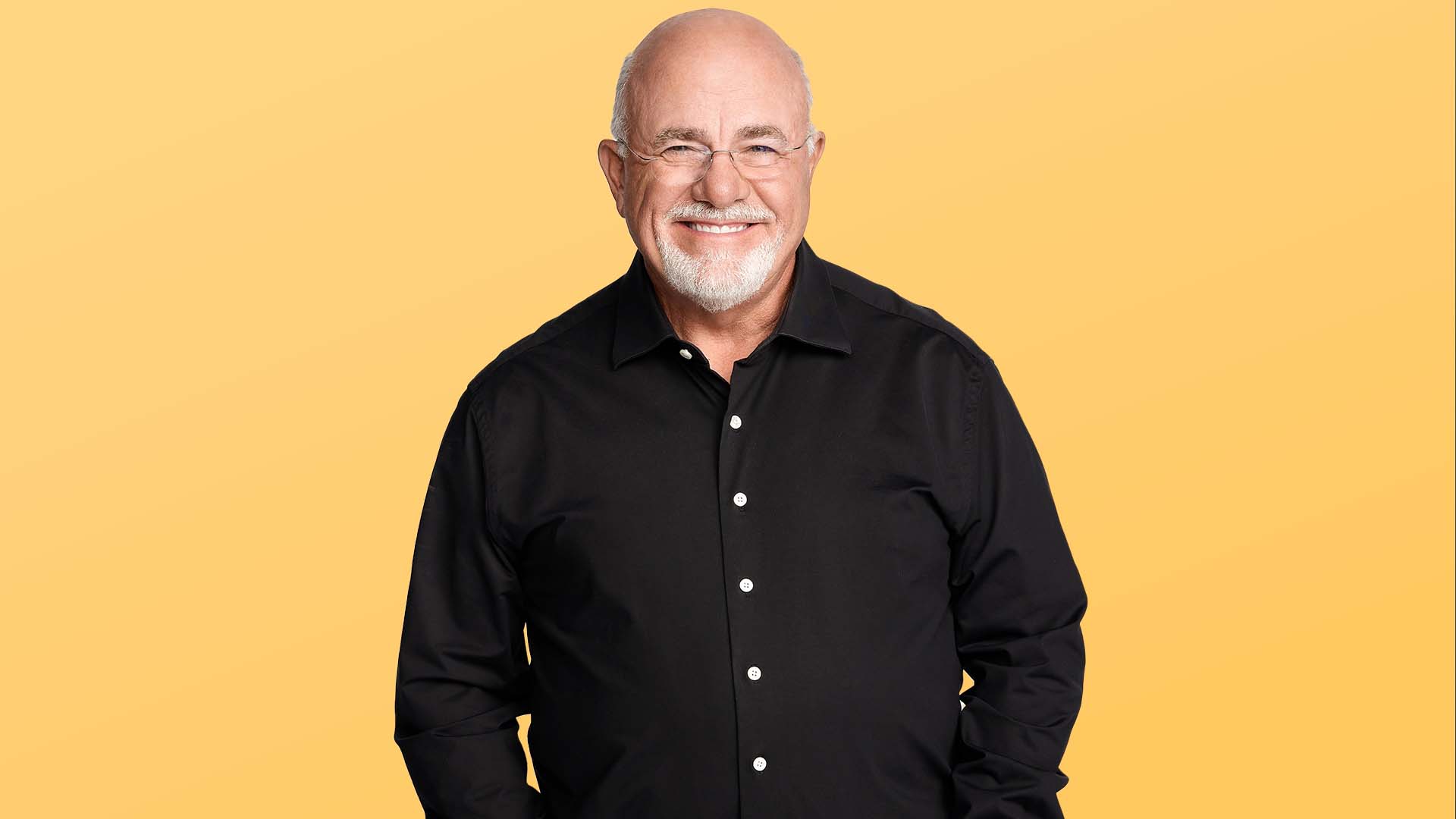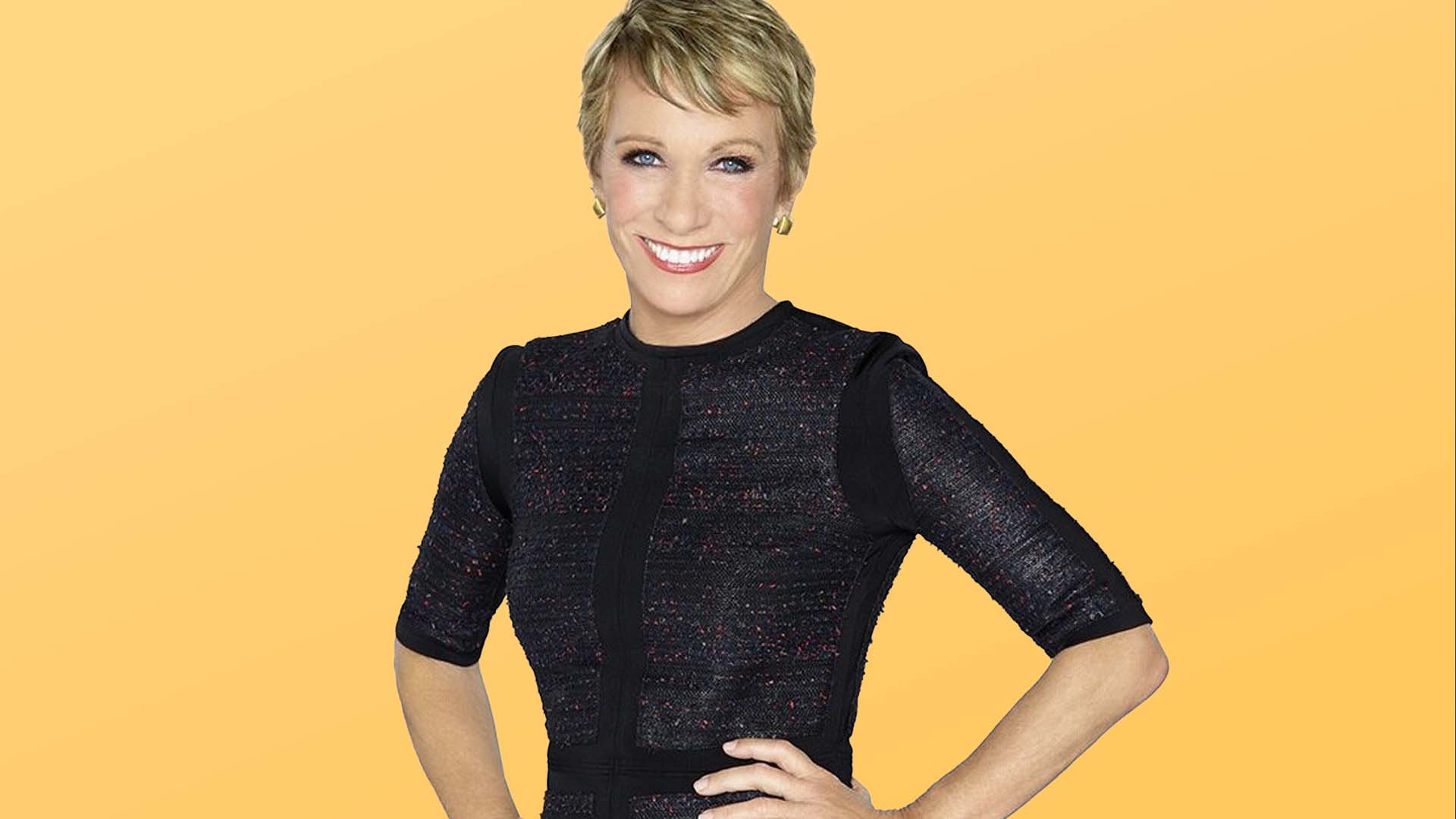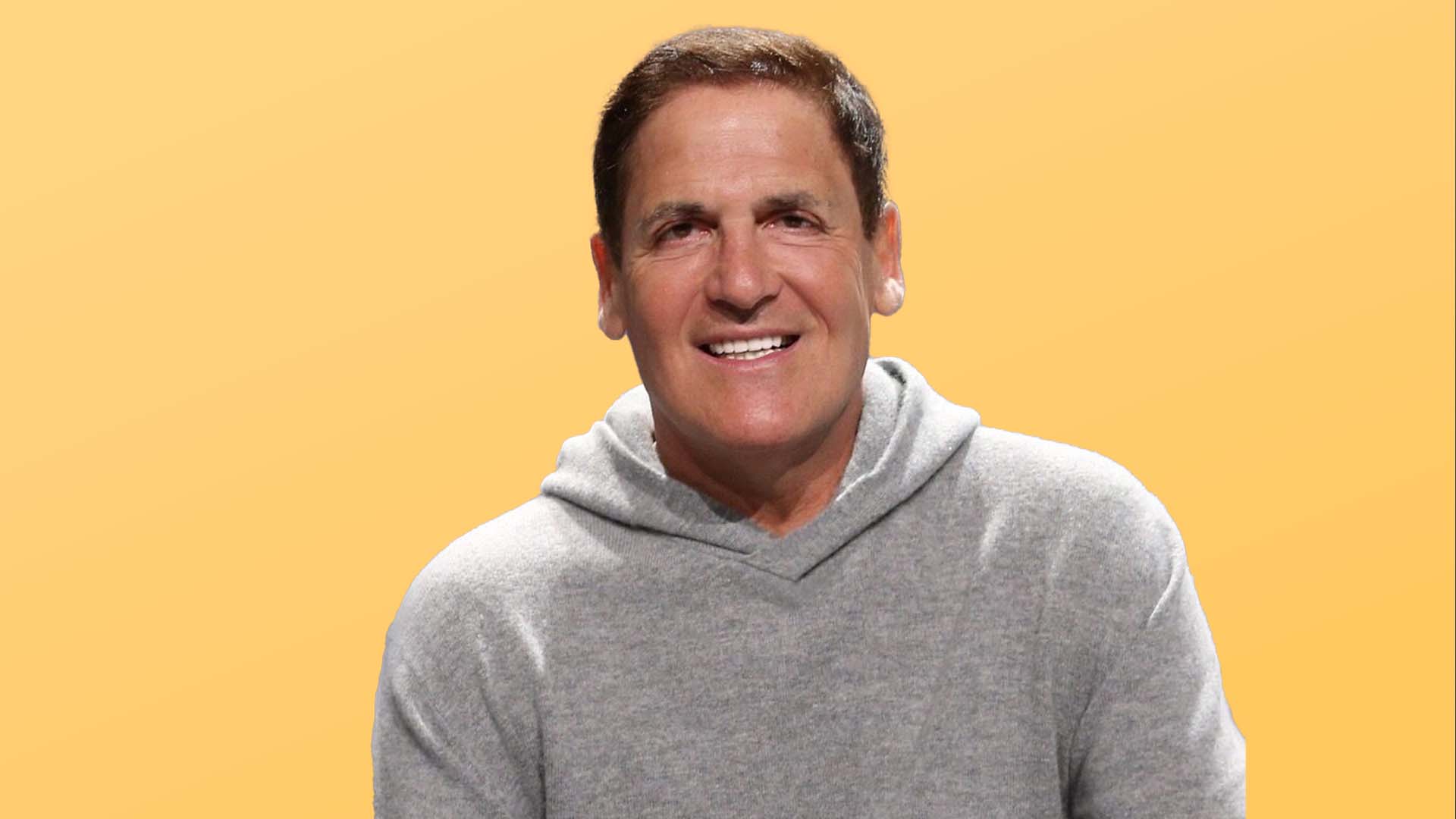‘5 Ways ‘Loud Budgeting’ Can Make You Richer, According to Vivian Tu

Commitment to Our Readers
GOBankingRates' editorial team is committed to bringing you unbiased reviews and information. We use data-driven methodologies to evaluate financial products and services - our reviews and ratings are not influenced by advertisers. You can read more about our editorial guidelines and our products and services review methodology.

20 Years
Helping You Live Richer

Reviewed
by Experts

Trusted by
Millions of Readers
There are certain things that you’ve probably been taught not to discuss in polite society. Politics is one. Religion is another. And if there’s one thing you’re absolutely not to bring up in mixed company, it’s your finances. So you don’t.
And when that one friend — the one with the elite job (or, ahem, the parent with the elite job) — suggests y’all take that Instagram-worthy vacay, you smile and say yes, though it’ll dip into the money you’d set aside for a car or your emergency fund.
Sure, you have goals for your money — but you’re also human. Without your loved ones cheering you on, it’s easy to let those goals fizzle out, overspend and lose accountability. Well, to paraphrase a classic show from the heyday of MTV, it’s time to stop being polite and start getting real. Real loud, that is.
That’s what Vivian Tu, the voice behind Your RichBFF, a former Wall Street equity trader turned finance educator, speaker, and New York Times bestselling author, wants you to do. Through the viral concept of “loud budgeting,” which she’s helped popularize, Tu wants you to get, well, loud — or at least public — about your budget and money boundaries.
Loud budgeting flips financial secrecy on its head, breaking the stigma of openly discussing money issues. Tu thinks she knows why — and she shared those thoughts with GOBankingRates as part of our Top 100 Money Experts series.
Flipping Money Secrecy on Its Head Helps You Set Stronger Boundaries
A lot of unhealthy habits thrive in secrecy, especially when it comes to money. One of the ugliest things is the fear that you’re not doing as well as everyone around you. That fear breeds shame, and shame can lead to maxing out your credit card on a keeping-up-with-the-Joneses purchase you don’t want or even need.
The remedy for this costly spiral is to be upfront about your financial limits and your goals. When you practice loud budgeting, you learn to say the most taboo word of all: no.
As in, “No, thank you. As much as I’d love to go to the beach house/Michelin-star restaurant/ski resort, I’m saving for something else at the moment.”
According to Tu, loud budgeting is having its moment because the cost of living has hit such a high that it’s no longer optional to set clear financial boundaries — it’s essential.
“We’ve been living in a culture where you’re supposed to smile and nod when someone suggests an expensive dinner or a weekend trip you can’t afford, and then figure out how to make it work later — usually by going into debt,” Tu said. “But people are fed up and starting to set healthy boundaries.”
Loud Budgeting Helps You Save More — and Build Community
Tu sees transparency around money as more than a personal tool — it’s an act of generosity. When you’re clear about your money boundaries, you give others permission to do the same. And you just might find that this shared honesty leads to more creative, affordable ways to spend time together.
“Instead of everyone silently struggling and putting expenses on credit cards, you’re creating space for real conversations about money,” Tu said. “Maybe that expensive restaurant becomes a potluck at someone’s house. Maybe that pricey concert becomes a free outdoor show.”
When Community Becomes Accountability — and Accountability Boosts Savings
Strengthening your community also helps establish a network of accountability. Think of it this way: When your friends know you’re saving for a down payment on a home or a new car, they’re more likely to support your goals — not sabotage them.
Accountability might look like:
- A friend gently talking you out of buying those hundred-dollar heels that would make Carrie Bradshaw drool
- Sharing a podcast episode about clever budgeting hacks
- Asking how your savings goal is coming along
Even the smallest check-in can remind you what you’re working toward — and inspire you to stay the course. Tu has seen entire communities spring up around shared financial accountability — and it all starts with someone being honest about their budget.
“You’ll be shocked at how many people will come out of the woodwork with similar goals or helpful tips,” she said. “I’ve seen friends connect over budgeting strategies they never would have discovered otherwise. Normalizing money conversations actually helps break down the toxic money shame that keeps so many people stuck in bad financial habits.”
You Control What You Share — and With Whom
Of course, there are risks associated with loud budgeting — just like sharing anything about your life with others. Tu acknowledges that some people may judge you or even try to use what you share against you. Others may offer unsolicited — and unhelpful — financial advice.
Tu’s advice? Start small. Be selective and strategic about what you share and with whom you share it. Go to the people who care about you — not the whole internet.
“Set boundaries about what you will and won’t discuss, and remember that you can always dial it back if it doesn’t feel right,” she said. “Being loud about protecting your financial health isn’t selfish — it’s smart. And honestly? The people who get weird about your boundaries probably aren’t the people you want to spend your money on or with anyway.”
Loud Budgeting Isn’t About Deprivation — It’s About Intention
Can talking about money feel incredibly awkward at first? Of course it can. But Tu says the key to successful loud budgeting is to frame your boundaries in a positive, empowering way. Your budget isn’t a roadblock — it’s an intentional choice you’ve made to build your emergency fund so you can have peace of mind. You’re not turning down dinner because you’re broke — you’re saving for a trip to Japan.
The best part? That positivity is often what draws people in and inspires them to make their own smarter money choices.
“It’s the same boundary-setting as loud budgeting, but it feels more like sharing an exciting goal rather than admitting financial limitations,” Tu said. “Once you see how naturally people respond to that, you’ll build the confidence to use it in other situations. The key is remembering that setting financial boundaries isn’t something to be embarrassed about; it’s literally you taking control of your money and your future.”
This article is part of GOBankingRates’ Top 100 Money Experts series, where we spotlight expert answers to the biggest financial questions Americans are asking. Have a question of your own? Share it on our hub — and you’ll be entered for a chance to win $500.
 Written by
Written by  Edited by
Edited by  Money Expert
Money Expert 










































































































